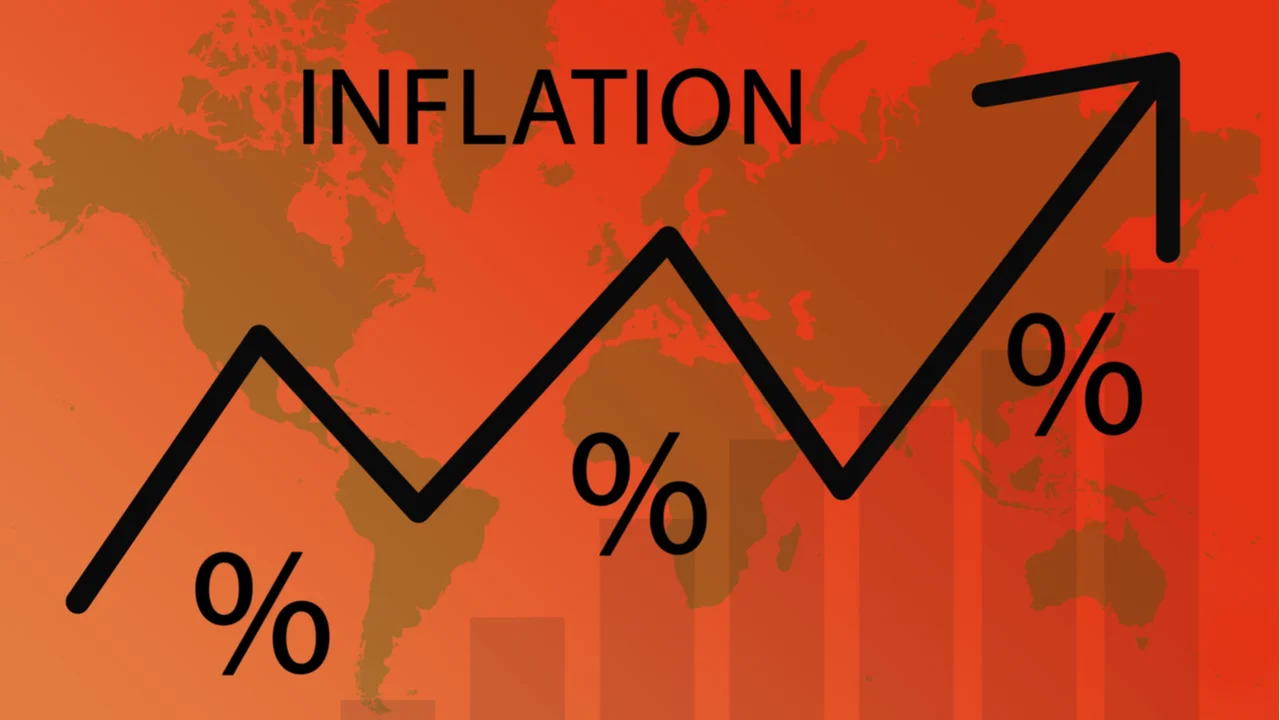Business
Inflation Risks Rise as Nigeria’s Money Supply Reaches N101.34m

With Nigeria’s money supply reaching N101.34m, inflation risks may increase. Discover the implications of this significant monetary figure.
In June 2024, Nigeria’s money supply (M3), which gauges the total amount of currency in an economy, hit a historic peak of N101.34 million, raising concerns that inflation could deteriorate further.
According to recent data released by the Central Bank of Nigeria (CBN),…
According to the data, M3 experienced a 56.15 percent rise from N64.90 trillion in June 2023 and reached N101.34 million by June of 2024.
Financial analysts suggest that a rise in the money supply can result in an escalation of inflation.
Read Also: BREAKING: CBN Raises Interest Rate to 26.75% to Combat Inflation
The money supply rose by 2.11 percent from N99.23 trillion in May 2024 on a month-to-month basis.
Despite the monetary tightening measures of the CBN, there has been a rise in M3.
Since assuming the governorship in September of last year, Olayemi Cardoso has overseen the issuance of more than N1.5 trillion worth of Open Market Operation (OMO) bills by the CBN with aims to combat inflation and bolster the value of Nigeria’s currency, naira.
As of June 2024, the nation’s core inflation rate was registered at 34.19%, while its food inflation stood at a higher percentage of 40.87%. Additionally, interest rates were reported to be standing firm at a value of 26.75%.
The analysts at FBNQuest remarked on the M3 data and noted that although an increase in CIC could indicate better economic activity as well as higher consumer spending, it also signals a potential inflation risk if money supply growth surpasses real output growth.
The Nigerian government’s ways and means advance threshold has recently been raised to 10% from its previous limit of 5%, which coincides with this new development.
Nigeria’s currency in circulation (CIC) increased from N2.60 trillion to N4.05 trillion as of June 2024, compared to the corresponding period last year.
